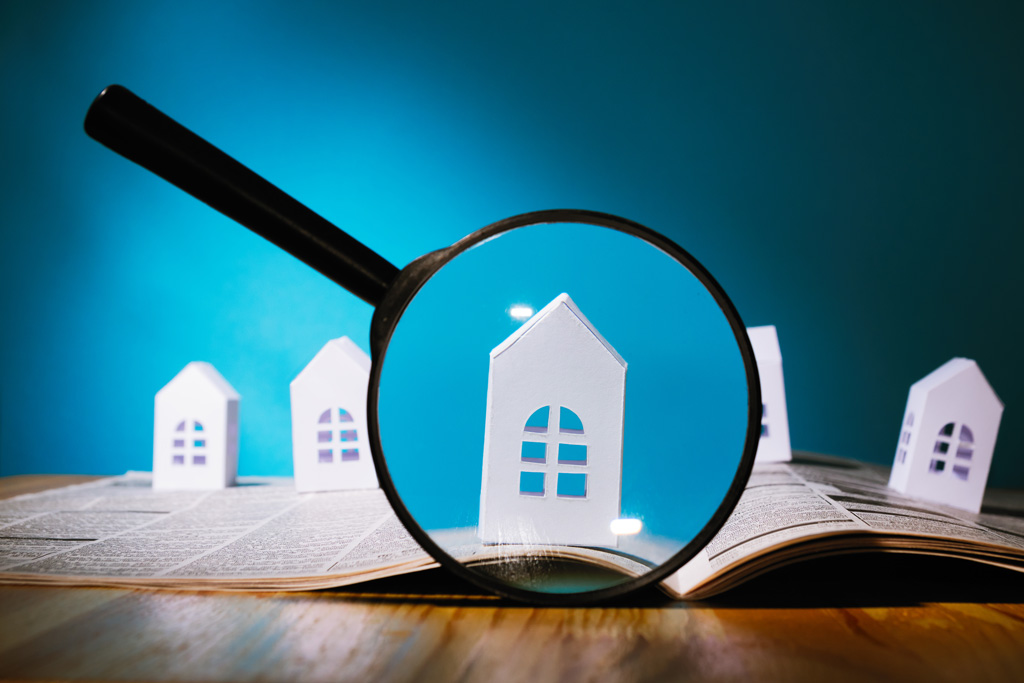-
Find your place in the sun
- Home
-
Property Search
- Property Search
-
Property in Spain
- Property in Spain
- Almeria
- Costa Blanca
- Costa del Sol
- Costa Brava
- Costa de la Luz
- Costa Tropical
- Murcia
- Valencia
- Inland Andalucia
-
Canary Islands
- Canary Islands
- Tenerife
- Fuerteventura
- Lanzarote
- Gran Canaria
- Balearic Islands
- All Areas
- Property in France
-
Property in Portugal
- Property in Portugal
- Algarve
- Albufeira
- Lagos
- Lisbon Coast
- Silver Coast
- All Areas
- Property in Italy
-
Property in Greece
- Property in Greece
- Aegean Islands
- Corfu
- Crete
- Halkidiki
- Ionian Islands
- All Areas
- Property in Florida
- Property in Cyprus
- Property in Turkey
- Search all countries
- New Developments
- Find an agent in...
- Most Popular Properties
-
-
Help & Guides
- Help & Guides
- How to Buy
- Area Guides
- Free Guide Download
- Professional Services
- Currency
- Mortgages
- Insurance
-
Relocation
- Relocation
-
Moving to Spain
- Moving to Spain
- Buying property in Spain
- Living in Spain
- Retiring to Spain
- How to move to Spain
-
Moving to France
- Moving to France
- Buying property in France
- Living in France
- Retiring to France
-
Moving to Portugal
- Moving to Portugal
- Buying property in Portugal
- Living in Portugal
- Retiring to Portugal
-
Moving to Italy
- Moving to Italy
- Buying property in Italy
- Living in Italy
- Retiring to Italy
-
Moving to Cyprus
- Moving to Cyprus
- Buying property in Cyprus
- Living in Cyprus
- Retiring to Cyprus
- Moving to Malta
- Find a Lawyer
- Viewing Trips Guide
- Articles
- Webinars
- New Developments
- Live Events
-
TV Show
- TV Show
- Episodes
- Presenters
- Apply
- Advertise with us
-
- Sign up / sign in
- Currency
- Find an agent
- Advertise with us
Purchase Process in Spain
 You've found your perfect Spanish property, so now it's time for the purchase process to begin!
You've found your perfect Spanish property, so now it's time for the purchase process to begin!
Buying a property abroad can be confusing at first, but we've put together this step-by-step guide to outline how the process works.
Read on to find out what it entails.
The purchase process explained
Once you have found your property, the purchase process begins with a reservation agreement. This is a contract that freezes the purchase price and takes property off the market for, usually, 30 days on payment of a fee between €3,000 and €12,000. The deposit is usually held by your lawyer or your agent in a client or escrow account.
Within 10 days of signing the reservation agreement, the full private purchase contract (contrato de arras) is signed between the buyer and the seller. This is similar to exchanging contracts in the UK buying process. Within this time your lawyer should complete all the searches on the property – confirming that the seller owns the property being sold, there are no mortgages or charges and the purchase process explained that planning consents are in order.
Once both parties sign the main contract, it is binding. The arras contract or full private contract will usually require a 10 to 20 per cent deposit to be paid. The buyer is then committed to pay the balance of the price, and the seller (once the money has been paid) must transfer ownership to the buyer.
If the seller pulls out of the transaction he must return double the amount of the deposit received by way of compensation. If the buyer pulls out he will lose the deposit paid.
The property sale is formally completed when the title deed (“Escritura de Compraventa”) is signed before a public official called a Public Notary, or Notario. This will happen at their office and be accompanied by the agreed final payment and all the relevant purchase taxes. The Escritura is then presented by the Notary to the Land Registry for registration and the property is passed to the new owner. Final registration of the title deed can take several months.
With a new-build property, obviously completion can take a lot longer, and the payments are split over stages of the build process, and the developer should provide bank guarantees against each payment. This protects your payments in the event the developer fails to complete the property or goes bust.
Finally, make sure that you have insurance for your property, ensure all service contracts are in your name (telephone, water, electrics etc.) and register your ownership of the property with your local Town Hall (Ayuntamiento) – all of which your lawyer or agent can help you do.
Who does what in the purchase process?
You can purchase Spanish property very quickly, if you are a cash buyer and you have an NIE number. Certainly, it is not unknown for the Spanish (in particular) to see a property and be the owner (with full access) later on the following day.
However, this is not the way to proceed for any foreign buyer and you should never rush to buy – or be rushed. Rather, you must always allow your lawyer and building surveyor ample time to do their proper investigations.
Indeed, never lose sight of the fact that it is far better to miss out on an amazing bargain than buy a defective property you’ll always live to regret.
Estate Agents
A good estate agent will help you in your search for a property but it is important to remember that just like in the UK, they represent the seller. You need your own representation in the form of an independent lawyer that you choose.
Needless to say there are many estate agents operating in Spain, of all nationalities, with British agents or agents with English language ability common in most coastal areas. So, finding an agent with whom you can communicate is rarely a problem. But finding a good one is key to your success.
Throughout many areas of Spain registration of an agent is not compulsory and, even in the areas in which it is obligatory, the industry is considered unreliable. Does the agent belong to a professional association such as the AIPP (aipp.org)? Don’t take anything that agents tell you at face value. Equally, under no circumstances should you ever sign any document from an agent without your lawyer present.
So what should you expect of your agent? They should be proactive, know the local market thoroughly and be prepared to spend extra time with you offering all sorts of general advice and assistance. Anyone who takes ages to get back to you on your first inquiry does not bode well for the search ahead.
Estate agency commissions vary widely across Spain but tend to be high as the agent does do a lot more for the overseas buyer than a typical UK agent. In some areas it is common for sellers to pay an agent 3% commission, whilst in others the sales commission can be as high as 7% or even 10%. Sometimes (normally on new-build developments) agents may earn as much as 18% on a sale.
Occasionally, you, as the buyer, may be asked to pay a fee to the agent who shows you a property and this is normally a percentage of the sale price (for example 3%) and is sometimes called a ‘buyer’s premium’. As such ‘premiums’ can be a lot of money, you should always carefully look at any contract between yourself and an estate agent (and get it specifically approved by your lawyer before signing it).
FAQs
What are the steps to buying a property in Spain?
The typical process involves:
- Property search and reservation deposit
- Applying for an NIE number and opening a Spanish bank account
- Signing a private purchase contract (Contrato de Arras) with a 5–10% deposit
- Due diligence by your lawyer (title checks, debts, urban planning)
- Signing the public deed (Escritura Pública) in front of a notary
- Registration with the Land Registry and payment of taxes and fees
Having legal representation is essential to guide you through the paperwork and protect your interests.
How long does it take to buy a property in Spain?
The process usually takes 6 to 10 weeks, depending on how quickly documentation, financing, and due diligence are completed. If buying with a mortgage, allow extra time for loan approval and bank valuation. Delays can also occur if title checks reveal complications, missing paperwork or irregularities.
What is a Contrato de Arras in Spain?
The Contrato de Arras is a private pre-sale agreement signed by buyer and seller. It outlines the sale terms and typically includes a deposit of 5-10% of the purchase price. If the buyer pulls out without a valid reason, they lose the deposit. If the seller backs out, they must repay double the deposit. It’s a binding document and a key part of the Spanish buying process.
Do I need a lawyer when buying property in Spain?
Yes, it is strongly recommended. While not legally required, having a bilingual, independent lawyer ensures the property is free of debt, complies with planning laws, and that all contracts are reviewed before signing. The lawyer can check local rules about holiday rentals. A lawyer can also act under power of attorney on your behalf if you can’t attend key appointments in person.
What fees and taxes should I expect when buying a home in Spain?
In addition to the purchase price, budget around 10-14% extra for taxes and fees. These include:
- Transfer tax (ITP): 6-10% (on resale properties)
- VAT (IVA): 10% (on new builds), plus stamp duty (1-1.5%)
- Notary and registration fees: ~1-2%
- Legal and agency fees: 1-3% depending on services used
- Mortgage arrangement fees (if applicable) – 1-2% of loan value.
Costs vary slightly by region and property type.
